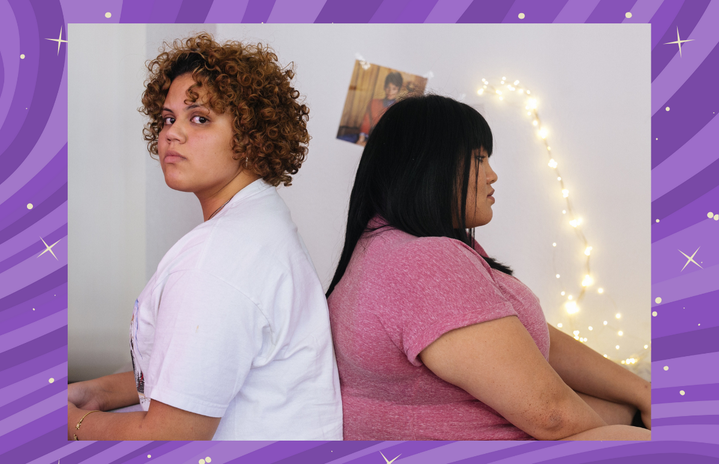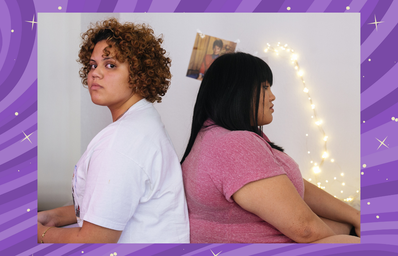Feminine rage is a phrase that has been dominating my social media feeds, so what exactly is it?
From what I’ve gathered over the dozens of videos I’ve watched, it is a uniquely feminine experience.
Feminine rage has been explained as an ancestral and inherited response to the struggles, oppressions, and wrongdoings that women have been subjected to.
I have seen feminine rage described as a compilation of the anger that our ancestors were unable to express, that is passed down through generations. It has been described as silent, seething, and compounding. A characteristic of feminine rage that was described in various videos on TikTok was that it’s quiet.
It’s calculated, calm, and intense. I have experienced feminine rage at various times.
I become cold and detached as I explain all of the injustices done to me personally, and to those who identify as women as a whole.
This is a very abstract idea and a concept of a specific generational trauma. Whether women are born with this rage or it is developed as they are exposed to social and political issues is unknown. Either way, feminine rage appears to be prevalent for various women, as expressed on social media.
So how did this topic come about?
I cannot speak to everyone’s experience, but the first time I saw this topic broached on social media was when a song gained popularity on TikTok.
Labour by Paris Paloma has become the background music to various TikTok videos explaining a creator’s feminine rage, depicting various women who were abused or forgotten by history, and more.
Many creators are sharing personal anecdotes of an experience of overwhelming feminine rage. Some examples are seeing women take the brunt of childcare labor or witnessing an unsupportive and complaining husband while his wife is in the midst of childbirth.
The topic of feminine rage has broken down into specific instances of injustice that have been an issue for decades, if not more. One of the common examples of this rage I’ve witnessed is discrimination in medical care.
Women have come forward explaining how difficult it is to be given medication or a diagnosis for medical issues while watching their male counterparts receive strong pain medication for stomach aches.
This is one example of what prompts that silent but electrifying feminine rage.
So why is this important? Women have been experiencing enraging things for centuries, why does this matter?
Feminine rage is yet another example of how unequal treatment between genders is still apparent and impactful. Slapping a bandaid over the issue with half-baked training and protocols cannot solve centuries worth of discrimination and generational trauma.
Voicing issues that spark or add to feminine rage is incredibly important. It allows us to create a discussion surrounding these issues and educate others on how to handle, solve, or avoid them.
This also allows for those who do not identify as women to join the conversation and aid in solutions.
Speaking out about this deep-rooted rage can also aid in personal mental health. Feminine rage is characterized as silent, but it shouldn’t have to be. Creating communities to share this sentiment allows us to uncork our emotional bottles and express ourselves.
It is extremely unhealthy to allow anger to fester without addressing it, especially if this rage is passed down through generations.
Being validated in these feelings is a great first step towards the outer and inner resolution of these issues.
Since this rage is generational, we should be the generation that breaks the silence. Those who are able to speak out about issues that feminine rage stems from should.
These online communities that express feminine rage are a great place to start, and hopefully, it prompts action. Whether this action is addressing our own internalized feminine rage, working on our mental health by expressing this rage or promoting social change, action should be taken.
Feminine rage is consuming, but we mustn’t let it consume us. Let us be the generation that breaks the cycle of silent seething. Let us continue to create a dialogue that addresses these issues. Let us spark change.
Do you have a personal experience of feminine rage? What action do you wish to be seen with it? Let us know @HerCampusSJSU


